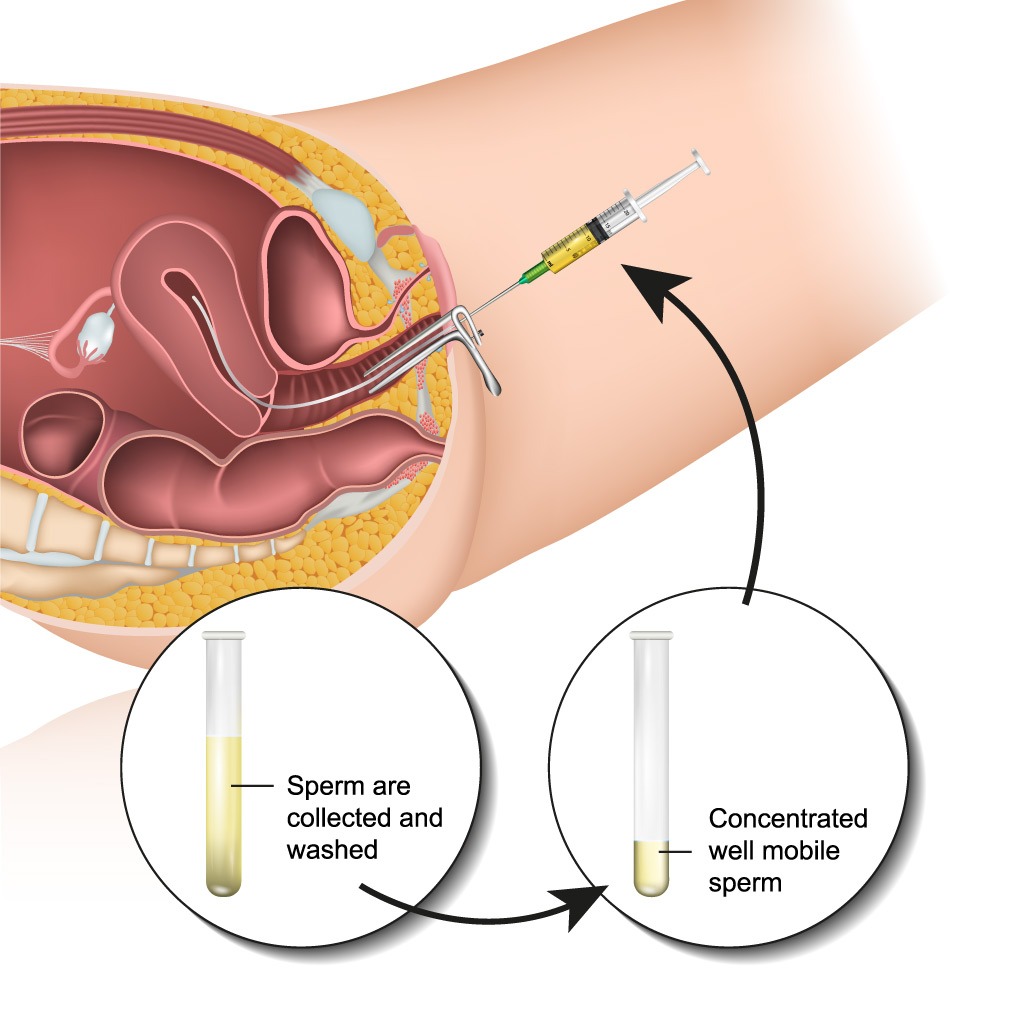
Ovulation Induction can be defined as a process that involves the use of medications to stimulate ovulation in women with absent or irregular ovulation. Normally, ovulation in women is said to occur when a mature egg is released by the ovary in preparation for that egg to be fertilized. Typical ovulation occurs once every 28 days while a woman is on her menstrual cycle. Intervals that last in the range of 21 to 35 days are said to be normal.
On the other hand, when ovulation is unpredictable or happens once every 35 days or more, it is considered to be irregular. If for some reason the ovulation fails to occur at all, then it is classified as anovulation. Such problems can affect fertility by making it extremely difficult to predict ovulation. In some cases, it can also make it difficult to predict the availability of an egg to be fertilized.
This is where Ovulation Induction Fertility treatment comes into play. The core purpose of such treatment is to improve a woman’s chances of conceiving, regardless of whether it is through conventional sexual intercourse or with the help of fertility treatments like intrauterine insemination. If the report published by the National Institutes of Health is to be believed, then 25-30 percent of women face infertility issues because of problems with ovulation.
Getting Ovulation Induction Therapy from a reputable fertility clinic like Assisted Fertility Program can be a sure way of tackling these challenges.

A typical ovulation induction will involve the following stages:
Common medications used in Ovulation induction are clomiphene citrate(Clomid) and Letrozole. They are drugs meant to be consumed orally to trigger the growth of fluid-filled sacs aka follicles that contain the eggs. If one doesn’t ovulate or ovulates but doesn’t get pregnant using this medication, then other medications like gonadotropins can be prescribed either alone or in combination.
Unlike clomiphene citrate or Letrozole, Gonadotropins are injected under the skin and replace the natural follicle-stimulating hormone. If the medication is successful, the ovaries will produce multiple high-quality mature eggs. Both the hormone levels and follicular development are tracked throughout this stage. The medication protocol can be tweaked if deemed appropriate.
The effects of all the hormones used to trigger changes in your system have to be tracked. This is done via frequent blood tests and ultrasounds.
When the follicle sizes are finally deemed mature, i.e they range between 16 and 20 millimeters in diameter depending on the stimulation medication administered, intramuscular injection, or what we call a trigger shot is administered in preparation for IUI (intrauterine insemination) or intercourse.
It is important to note that the final result will largely depend on the woman’s age, initial male semen analysis, and diagnosis. As such, it is imperative to discuss the procedure in detail with your physician before proceeding with the procedure.
Ovulation Induction involves the use of various hormone-based medications, which play a significant role in regulating a woman’s hormones in a bid to increase the likelihood of ovulation. Some of the most prominent medications used in ovulation induction include:
Used to stimulate ovulation in infertile women.
This medication consists of two injectable hormones, which are follicle-stimulating hormone and luteinizing hormone. It helps with egg development.
This medication is commonly used for patients with PCOS who are also diagnosed with diabetes and prediabetes.
This medication has similar effects as that of clomiphene citrate and is especially effective for patients with PCOS.
The Assisted Fertility Program has been a trusted practice in Florida offering solutions to infertility issues by a certified specialist in infertility and reproductive endocrinology.
3627 University Blvd. South Suite 450.
Jacksonville, FL32216
Ph 904.398.1473
Fx 904.399.3436
©2024 | Assisted Fertility Program.